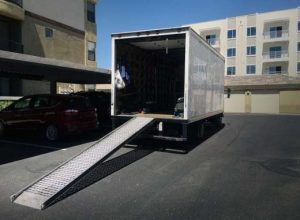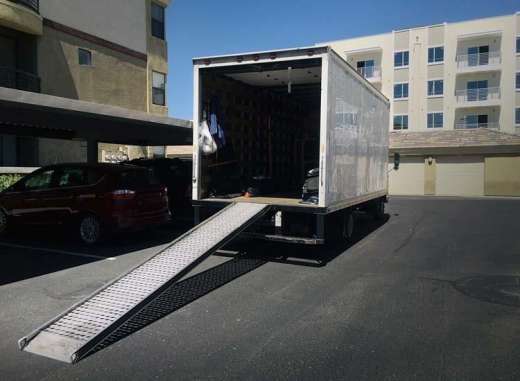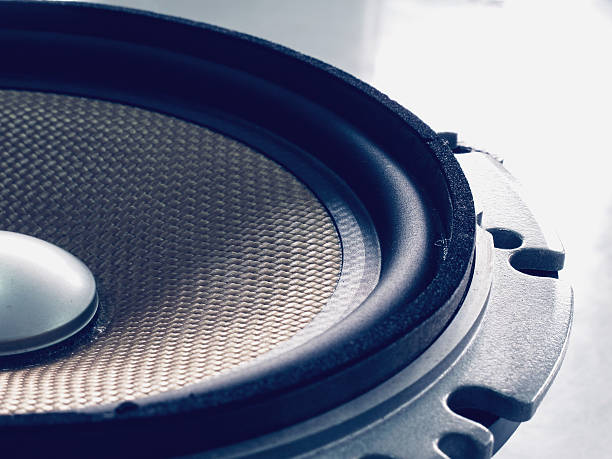When you have two companies; one specialising in aluminium ramps and trailers, and the other in steel ramps and trailers, you’re going to notice a lot of “my cat’s blacker than yours”. Which is why you can find a wealth of arguments for and against, all over the internet. Now, whilst we’re going to be slightly biased towards sturdy aluminium trailers by Sureweld; we are not going to focus this article on tearing down steel (that would require a strong hand indeed). Steel is a great material and has its advantages, but what we are going to do, is debunk some of the anti-aluminium myths out there, which could be putting people off buying the right ramps for them, for the wrong reasons.
 So, let’s take a look at some of these anti-aluminium myths and see if we can set the record straight:
So, let’s take a look at some of these anti-aluminium myths and see if we can set the record straight:
1 – “Aluminium trailers and ramps are just as heavy as steel, because aluminium is 1/3 weaker than steel which means that more aluminium has to be used” – That’s not entirely correct. The fact is, pure aluminium is not being used. Instead, a much stronger aluminium alloy is being applied. Yes, more aluminium is being used to make the end product, but the result is one that is on average: 10 to 15% lighter. That’s a big difference when it comes to loading and unloading / deploying your aluminium ramps.
2 – “Aluminium is much more prone to stressing and tearing under pressure than steel”. What you’ll find is that aluminium has been consistently outperforming steel when it comes to its resale value. In addition to that, very rarely will you find a steel ramp or trailer with a longer warranty then aluminium. There’s a reason for that.
Now, steel is certainly “stronger” than aluminium, in that it has a higher modulus of elasticity. However, that only means that more pressure can be applied before it starts to bend. Aluminium on the other hand, flexes three times more than steel. This means that aluminium is more likely to return to its original form, whereas steel is more likely to remain bent out of shape.
3 – “Steel is far easier to repair than aluminium” – This certainly used to be the case. However, now that aluminium has risen significantly in popularity; any welder worth their salt will be familiar with aluminium welding techniques and the cost for such a service is now cheaper than that of welding steel.
Ultimately, you need to weigh up the pros and cons between steel and aluminium and decide which is best for the specific job at hand. But to turn around and say flat out that one is better than the other is inconclusive. They each have their individual features and benefits and are purpose built for various applications.




